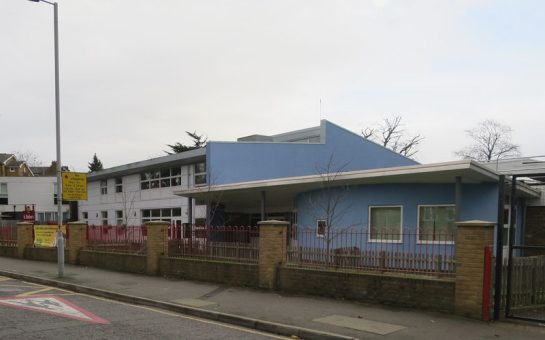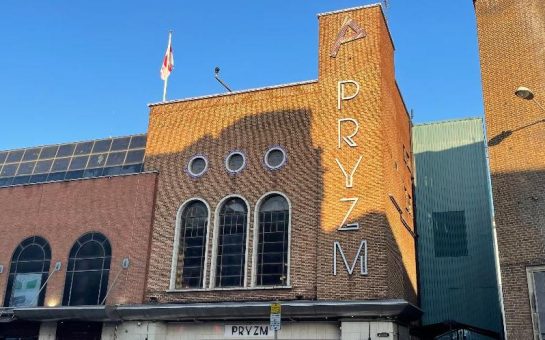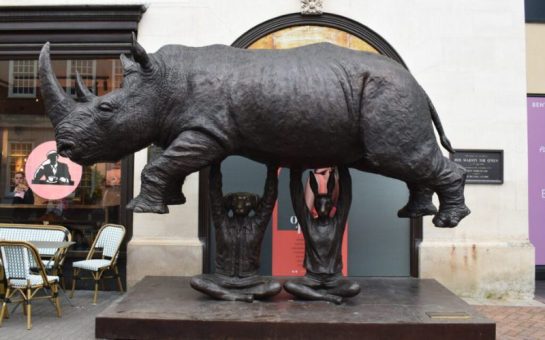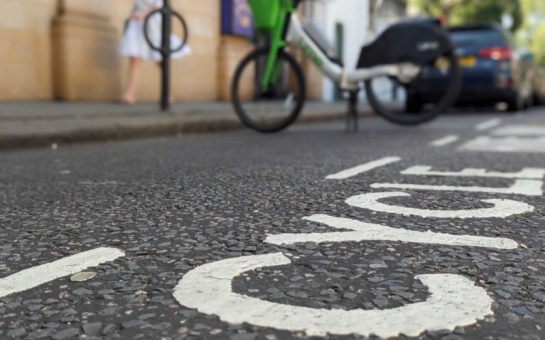Sutton and Kingston Councils are set to use artificial intelligence to monitor how cycle lanes in the boroughs are used, in order to inform any future expansions of their cycling infrastructure.
Earlier this year, the councils announced their partnership with UK-based transport company Vivacity Labs to help improve active travel insight and the safety of high footfall areas.
The councils, as part of the South London Partnership’s InnOvaTe Project, will use Vivacity’s AI and Internet of Things (IoT) technology to provide anonymous data on different transport modes and movement patterns.
Councillor Manuel Abellan, Chair of the Environment & Sustainable Transport Committee at Sutton Council, said:
“The council recognises the need to reduce the amount of private car use and to promote active travel.
“By using this innovative technology, the council can learn more and gain better insights into the use of its cycle lanes. This will enable us to identify opportunities to reduce carbon dioxide emissions and make progress towards becoming carbon neutral, tackling the climate emergency and being a green borough.”
Sensors will be deployed to gather more information about the cycle infrastructure in Sutton and Kingston, including the number of cyclists currently using the existing cycle lanes and main roads within the borough, and the number of unauthorised vehicles illegally using the spaces.
This will help the councils to consider the areas to be included in any future expansion of their cycle infrastructure.
Councillor Tim Cobbett, Deputy Leader at Kingston Council, said: “We are committed to a greener future by developing sustainable transport schemes and cutting-edge initiatives so Kingston can become carbon neutral by 2038.
“More accurate data can help us with that goal, allowing us to create even better spaces for cyclists and pedestrians.
“The more we know about how our spaces are currently used, and how many journeys are made using different methods of transport, the better our work can be targeted and removing barriers to active travel and ensuring our infrastructure for walking and cycling is targeted where it is needed most and this project will help us to do that.”
Mark Nicholson, CEO of Vivacity Labs, added: “By understanding how space is being used with detailed and accurate data, councils can make informed and strategic decisions on how best to improve city infrastructure.
“As restrictions are eased, making roads smarter, safer and more sustainable is vital, and we look forward to seeing the positive impact on cycling that this project will create in the Kingston and Sutton area.”
There are 13 sites that have been identified in Sutton to provide a good insight into the cross-borough usage of the cycle infrastructure, which includes areas in Beddington, Hackbridge, Carshalton, Cheam and Worcester Park.
In Kingston, 17 sites have been identified, including routes in Kingston Town Centre, Surbiton, Tolworth, Chessington and New Malden.
The scheme will help both councils build an overview of the cycle network to enhance decision-making and the application of bids.
Featured image credit: N Chadwick via Geograph under CC BY-SA 2.0 license





Join the discussion
Is Kingston Council joking? Do they need AI to realise they installed faulty bike lanes that terminate and begin haphazardly and dangerously for cyclists and pedestrians. Maybe they could have used that money to fix the roof of the Kingfisher Leisure Center, a facility that residents actually valued and used.